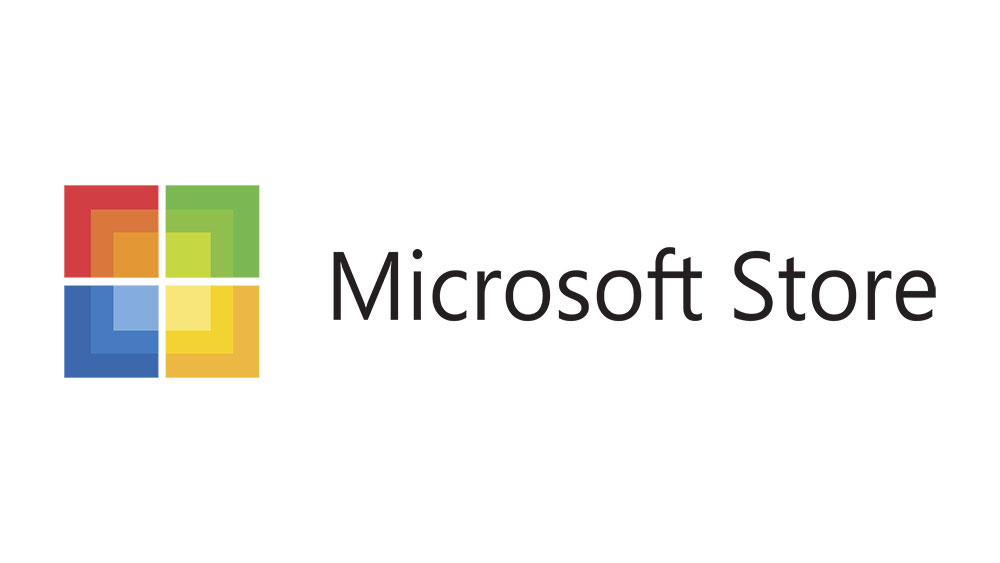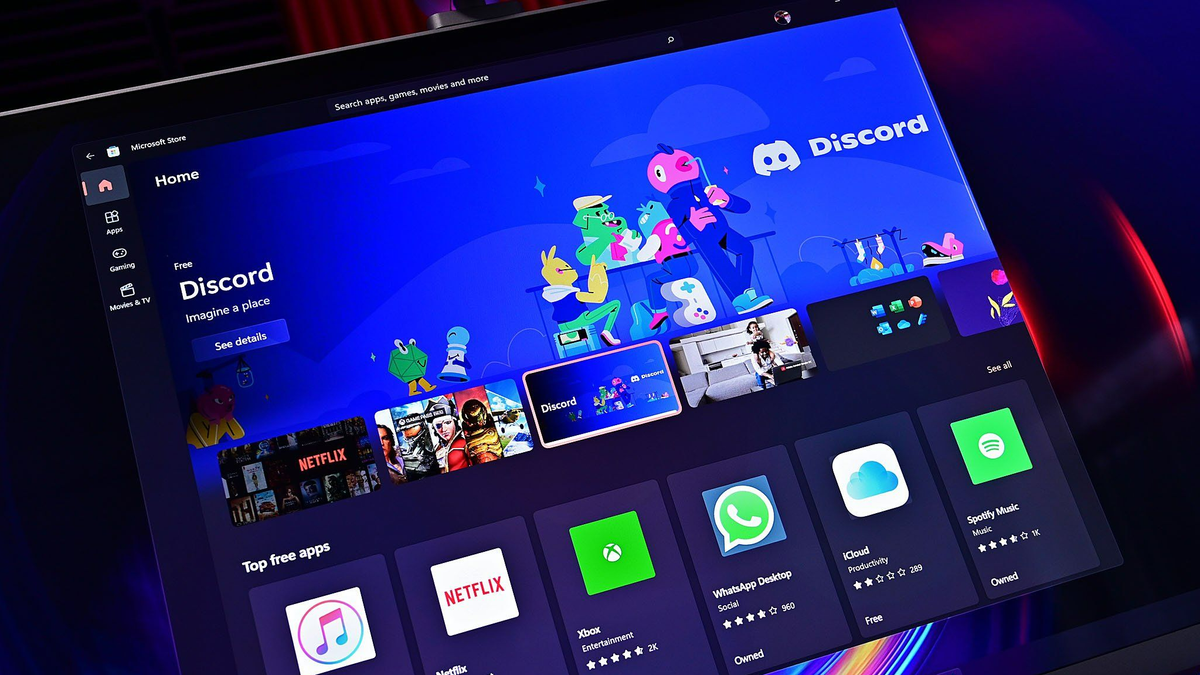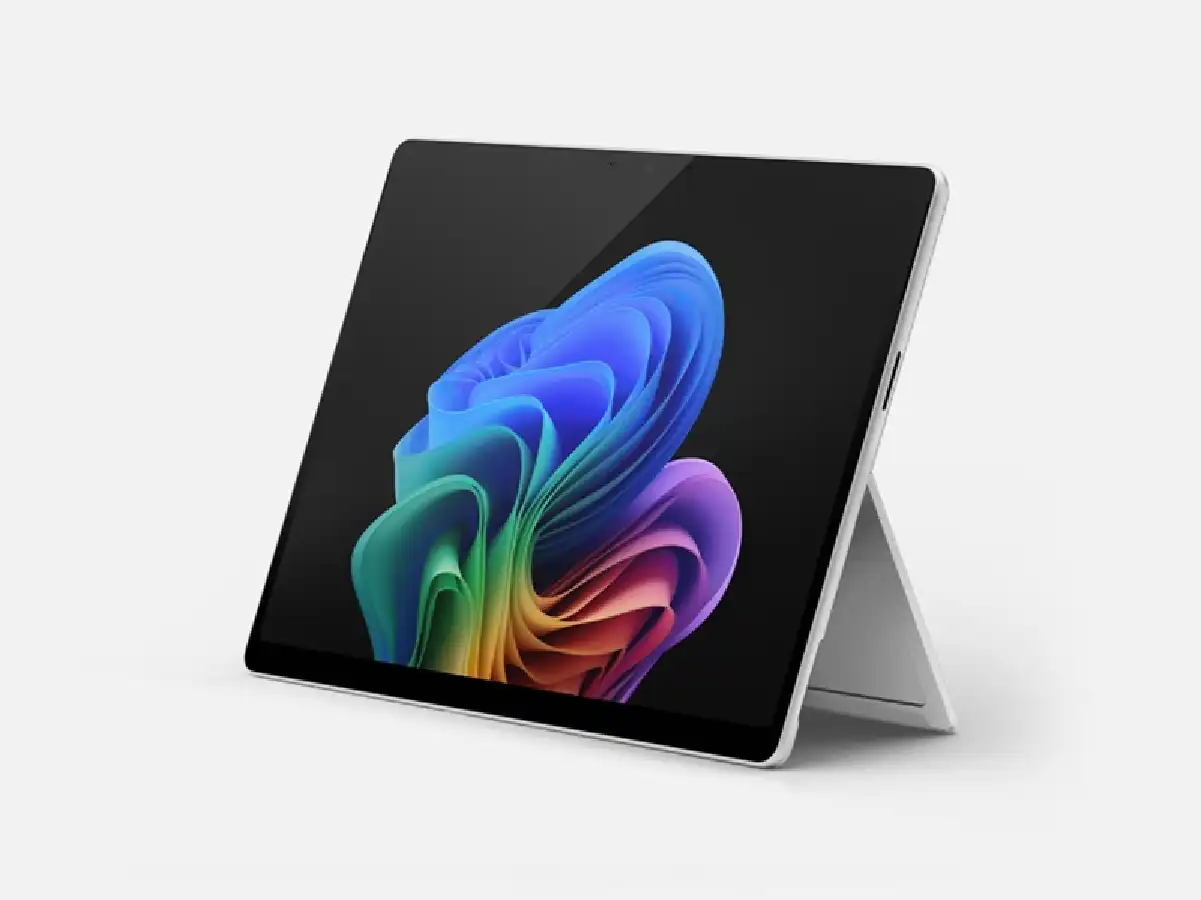
Recently, we reported that Microsoft has followed through on its promise to improve the performance of Windows 11 apps, addressing ongoing speed issues. This fix is currently in testing and is expected to roll out soon.
In another encouraging move, Microsoft is demonstrating its broader commitment to enhancing performance, this time focusing on the Microsoft Store.
According to Microsoft’s developer blog, the company is introducing a new pathway for app developers to migrate their UWP (Universal Windows Platform) apps to .NET 9 and Native AOT (Ahead-of-Time compilation).
This update is excellent news, as it allows app developers to modernize their UWP apps in two manageable phases, rather than tackling one large-scale change all at once. This migration process enables apps to function on .NET 9 and Native AOT, which will eventually facilitate an easier transition to WinUI 3.
The blog post explains that apps running on .NET 9 and Native AOT exhibit improved performance compared to UWP apps on .NET Native, and Native AOT is expected to see continued enhancements over time. Therefore, most UWP app developers are encouraged to consider this migration.
Interestingly, the blog also reveals that the Microsoft Store itself is undergoing this same migration process. The Store is being transitioned to .NET 9, and we can anticipate a new version running on Native AOT “in the near future.”
As expected, this update will likely be released to Windows Insiders before becoming available to the general public.




